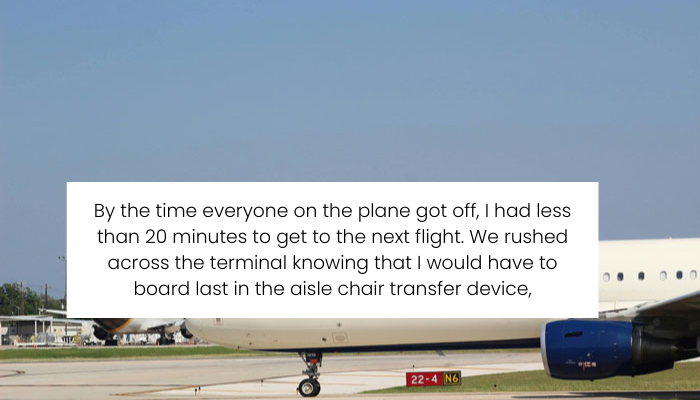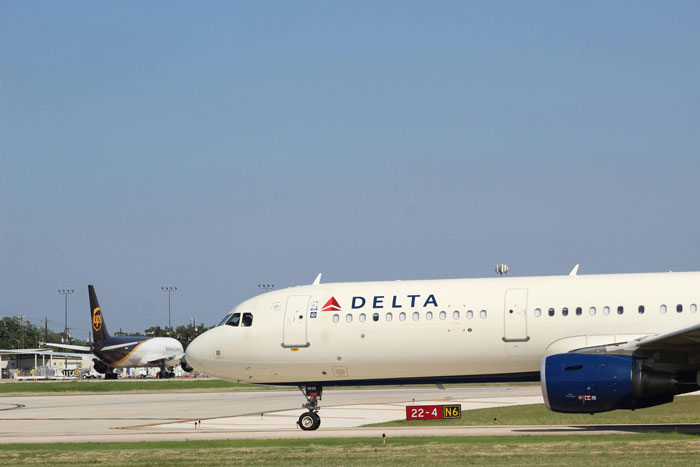Entitled Passengers Attempt to Seize Reserved First-Class Seats from Wheelchair User
During a recent flight to Kentucky, a wheelchair-using passenger and their partner faced an unsettling encounter when they discovered their pre-booked first-class seats occupied by another couple. These seats, intentionally chosen for their accessibility features, were crucial for the passenger’s comfort and ease of transfer. Despite the clear reservation, the occupying couple claimed the seats as theirs, leading to a confrontation that required flight attendant intervention. Ultimately, the couple was relocated to their original seats in Delta Comfort, expressing visible displeasure. This incident underscores the challenges faced by travelers with disabilities and highlights the importance of respecting designated accommodations
Airplane seats are assigned, not auditioned, but some people still play musical chairs at 30,000 feet
One wheelchair user and their partner have their first-class seats stolen on a flight by an entitled couple who lie about it when caught
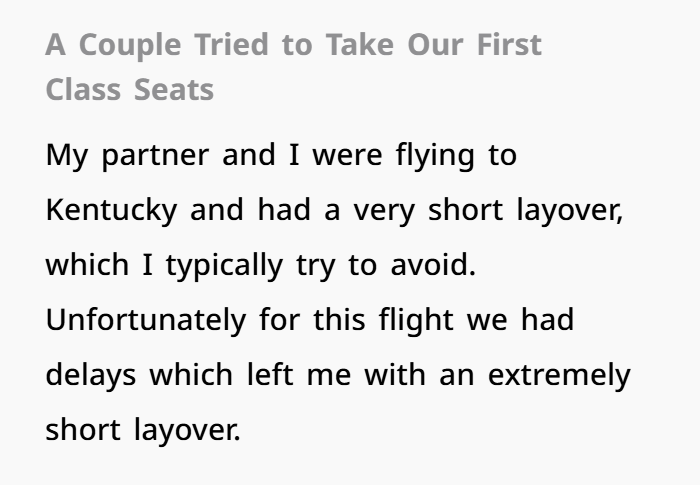
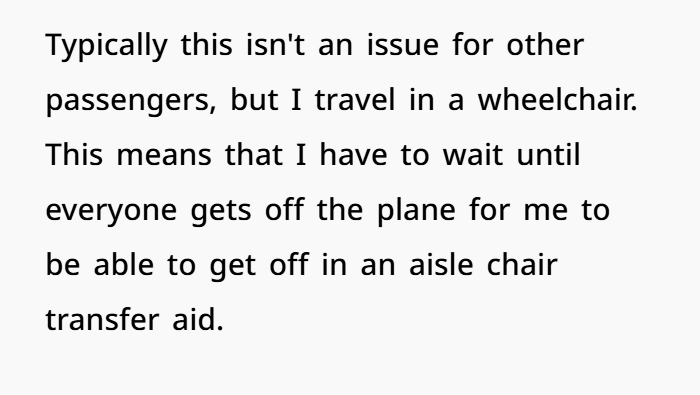
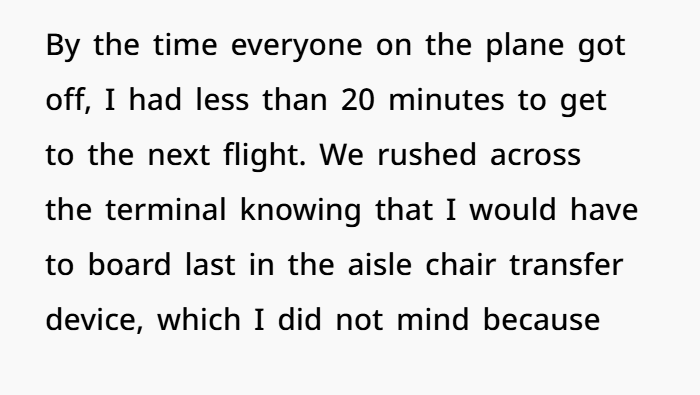
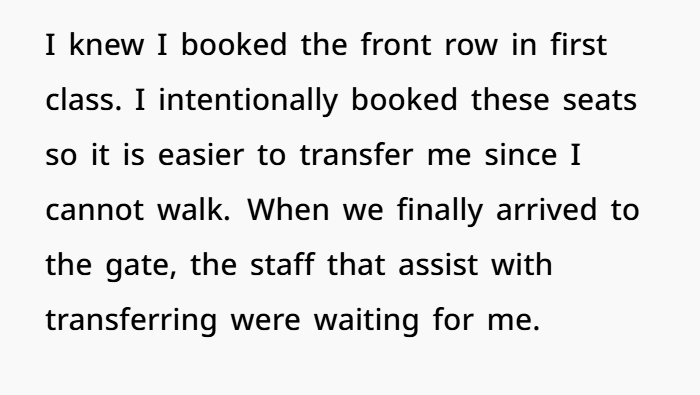
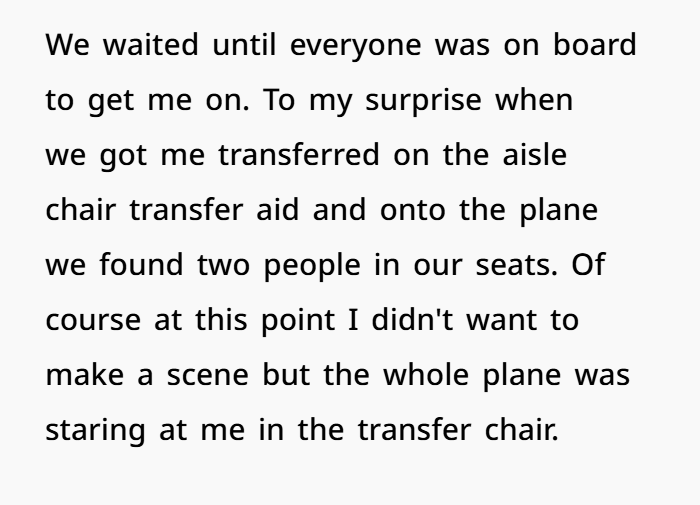
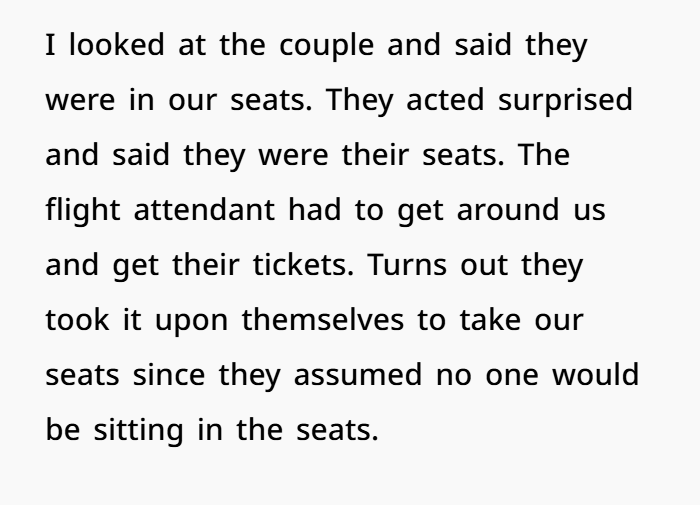
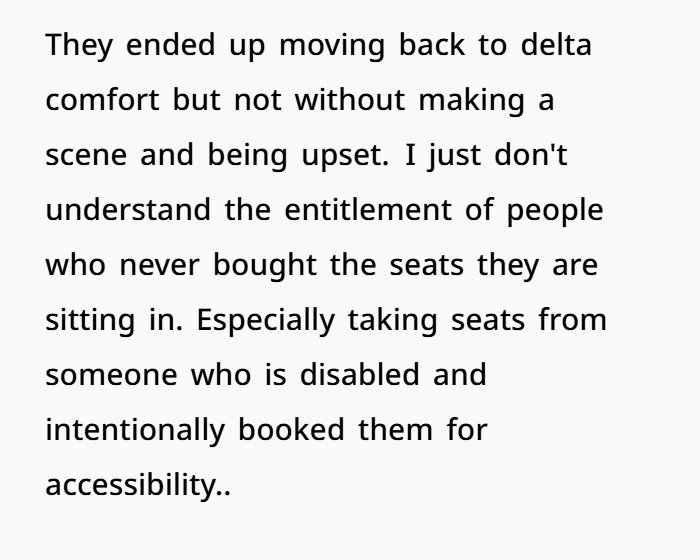
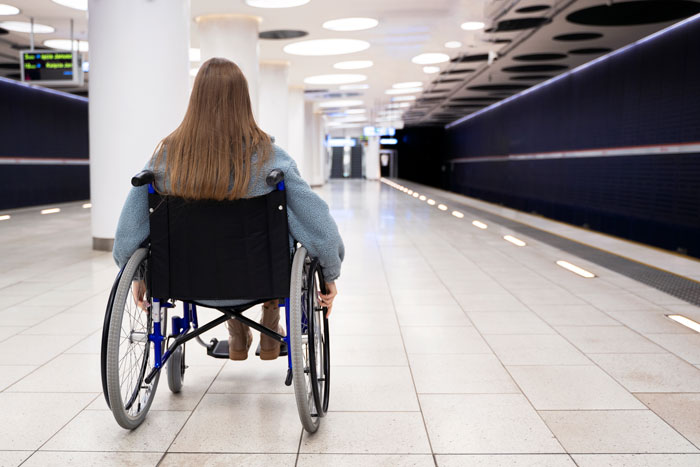

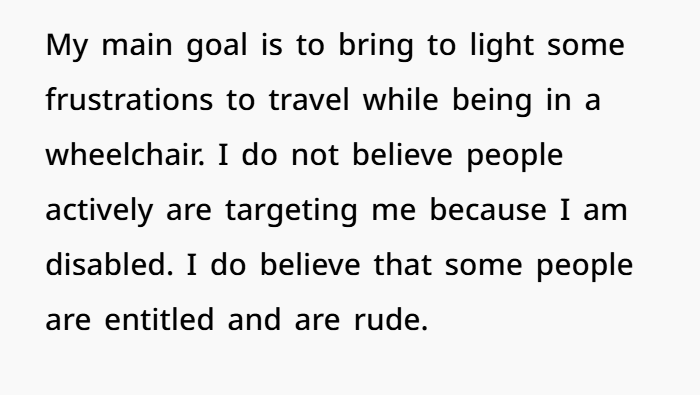
The Intersection of Disability Rights and Airline Seating Etiquette
Air travel, a symbol of modern convenience, often becomes a battleground for personal space and entitlement. The story of a disabled passenger confronting seat poachers in first class is not just an isolated incident but a reflection of broader issues concerning accessibility, legal rights, and societal attitudes toward disability.
Legal Framework: The Air Carrier Access Act (ACAA)
The Air Carrier Access Act (ACAA) of 1986 is a pivotal piece of legislation that prohibits discrimination against passengers with disabilities in air travel. Under this act, airlines are mandated to provide necessary accommodations, ensuring that passengers with disabilities receive equal treatment and access to services.
In 2022, the U.S. Department of Transportation introduced the “Airline Passengers with Disabilities Bill of Rights,” summarizing the fundamental rights of air travelers with disabilities. This includes the right to accessible seating, assistance during boarding and deplaning, and the right to travel with assistive devices.
Seating Accommodations and the Importance of Pre-Assigned Seats
For passengers with mobility impairments, seat selection is not a matter of preference but necessity. Bulkhead seats, often located in the front row, provide the space required for transferring from a wheelchair to the aircraft seat. Airlines are required to accommodate such needs, provided the passenger notifies them in advance.
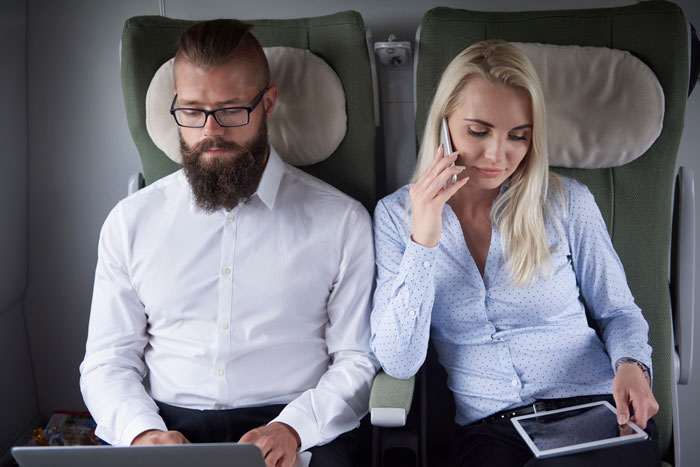
In the discussed incident, the passenger had intentionally booked front-row seats to facilitate an easier transfer. The unauthorized occupation of these seats by other passengers not only violated airline policies but also disregarded the specific needs of a disabled traveler.
The Ethics of Seat Poaching
Seat poaching, the act of occupying a seat not assigned to you, is a growing concern in air travel. While some may view it as a harmless act, it can lead to significant discomfort and inconvenience for the rightful seat holder. The etiquette surrounding seat changes is clear: always ask politely and be prepared to accept a refusal.
In this case, the couple’s assumption that the seats were unoccupied and their subsequent resistance to vacate them highlight a sense of entitlement and a lack of awareness about the importance of assigned seating, especially for passengers with disabilities.
Broader Implications and the Need for Awareness
This incident underscores the challenges faced by disabled passengers in air travel. Despite existing laws and regulations, the enforcement and awareness of these rights remain inconsistent. Airlines must ensure that their staff are adequately trained to handle such situations, and passengers should be educated about the importance of respecting assigned seating, particularly when it pertains to accessibility needs.
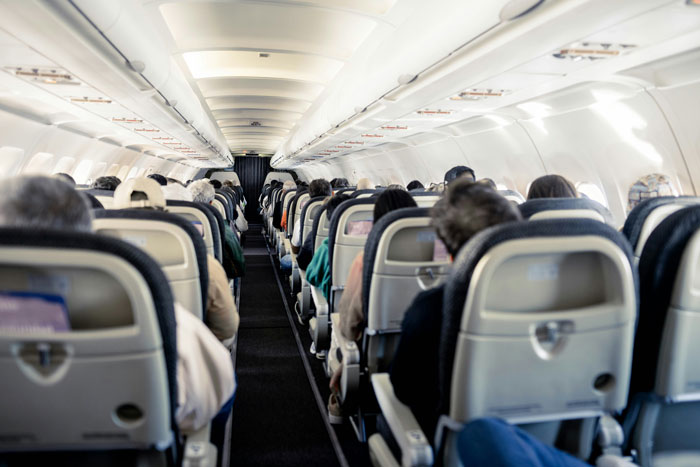
Moreover, this scenario reflects a broader societal issue: the need for greater empathy and understanding toward individuals with disabilities. Recognizing and respecting the rights and needs of all passengers is not just a legal obligation but a moral one.
Netizens are shocked that the couple had the audacity to try and steal seats from a wheelchair user and were upset when asked to move
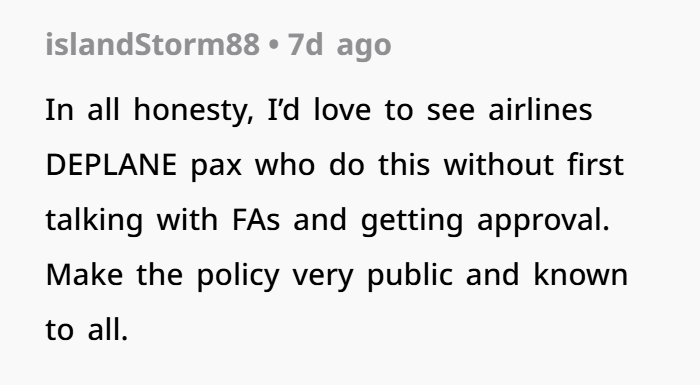
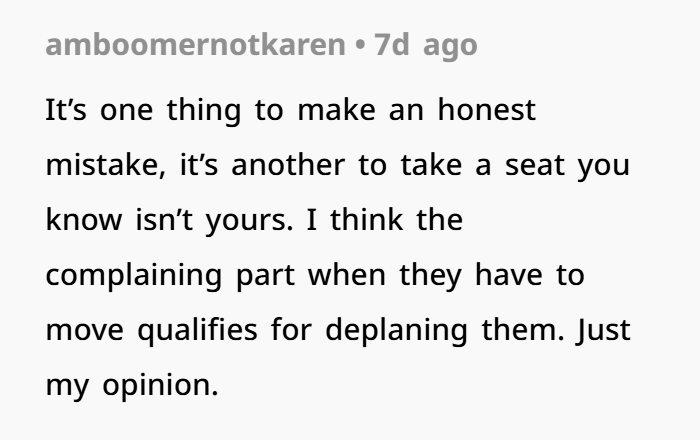
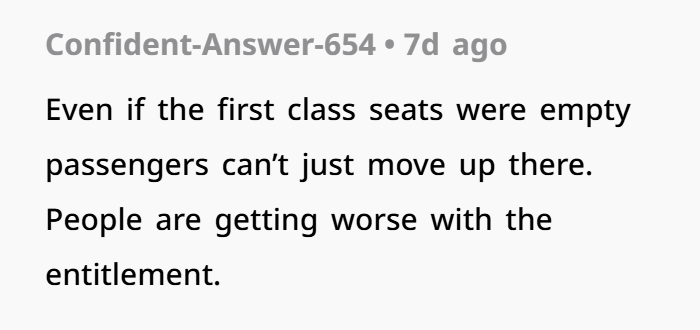
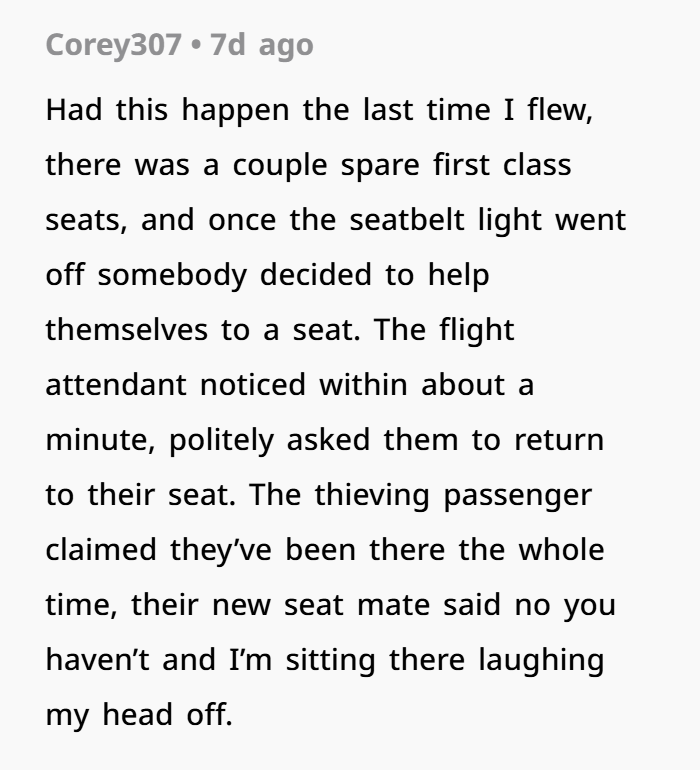
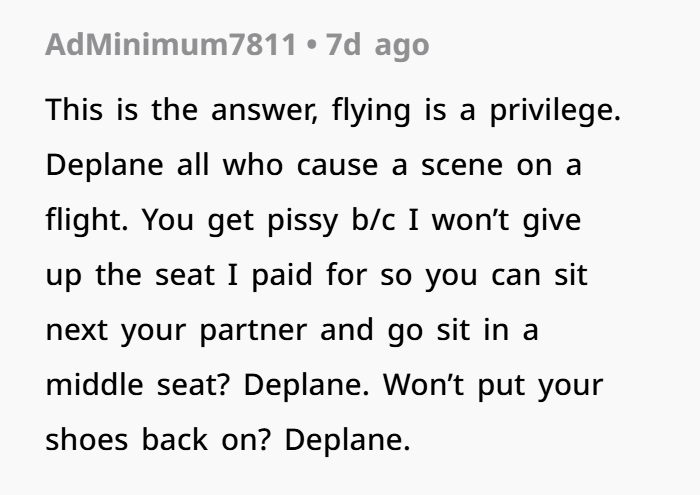


The confrontation over first-class seats serves as a microcosm of the challenges faced by disabled travelers. It highlights the importance of legal protections like the ACAA, the necessity of respecting seating assignments, and the broader societal need for empathy and awareness. As air travel continues to evolve, ensuring accessibility and fostering a culture of respect must remain at the forefront of industry and societal priorities.

